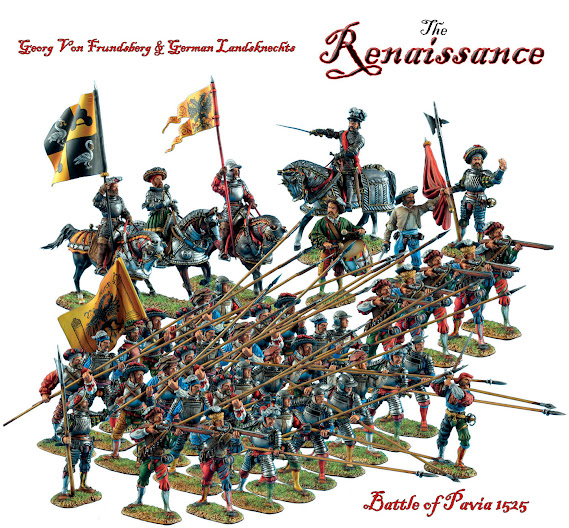In mid-June 1487 England was once again in a state of civil war. A Yorkist army, strengthened by professional German mercenaries and Irish levies, had landed in England and marched through Lancashire to the outskirts of York. Along the way they picked up support from local gentry, notably Sir Thomas Broughton.
This campaign, that ended in the battle at Stoke, is sometimes treated as a postscript. That is exactly what Henry Tudor wanted everyone to think: according to his propagandists, Bosworth was the important engagement, in which the Son of Prophecy fulfilled his destiny. Stoke, two years later, was a minor blip on the road of Tudor greatness.
(Just to be clear, I am not criticising Henry for making effective use of propaganda: any ruler with a working brain did the same thing). In reality it was a very serious affair, and almost ended in disaster for the new king. The Yorkist commander, John de la Pole, was no mean general. He also benefited from the presence and advice of Martin Schwartz, captain-general of the German troops.
Schwartz was a highly experienced soldier. Born in Augsburg, the son of a cobbler, he scrambled up the ranks through sheer drive and ability. His services were much in demand, and in 1486 he was hired by Maximilian, future Holy Roman Emperor, to lead a company of German and Swiss mercenaries or 'landsknechts'. Their job was to drive the French out of the Burgundian Netherlands and suppress a Flemish revolt. Schwartz performed his task with rather too much efficiency; after recapturing certain Flemish towns, he allowed his men to pillage them and slaughter the townsfolk.
It seems the German also made quite an impression in England. The English called him 'Martin Swart' and composed a song about him. A fragment of it survives:
“Martin Swart and his men, sodledum, sodledum, Martin Swart and his men, sodledum bell. With hey troly loly lo, whip here Jack, Alumbeck, sodledum, syllerum ben, Martin Swart and his merry men.”
In the 1972 drama series, Shadow of the Tower, Henry VII (played by James Maxwell) is shown humming part of the verse in his tent after the battle.
The real Schwartz and his 'merry' men were an extremely formidable crew, and Maximilian was probably glad to pack them off to England. They would shortly prove their worth.

No comments:
Post a Comment